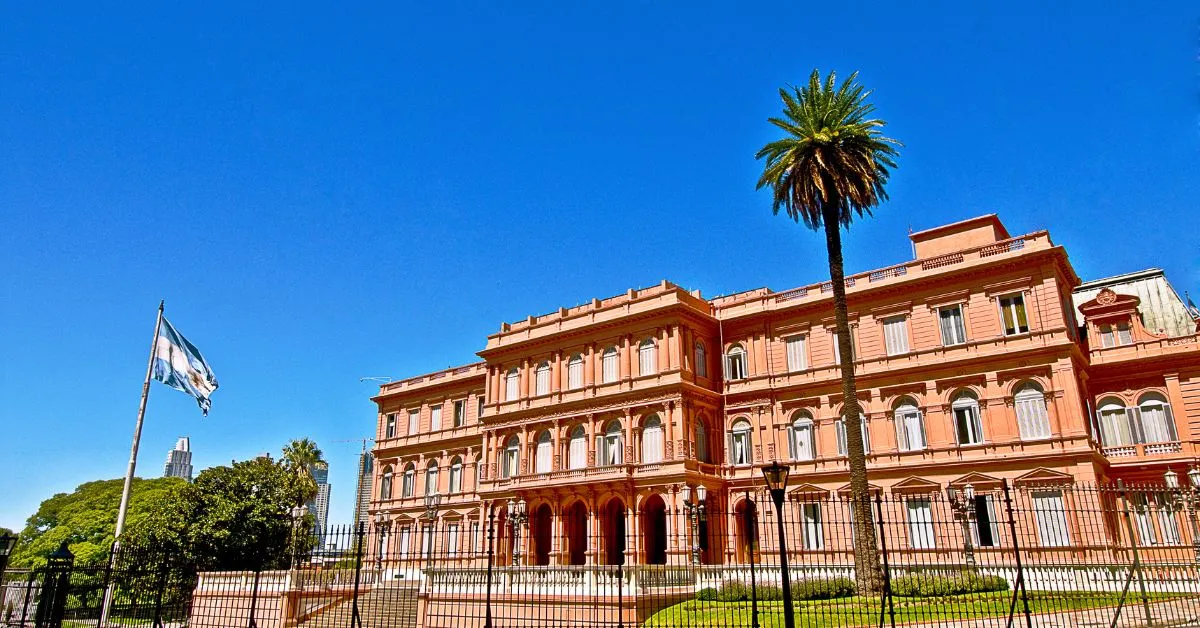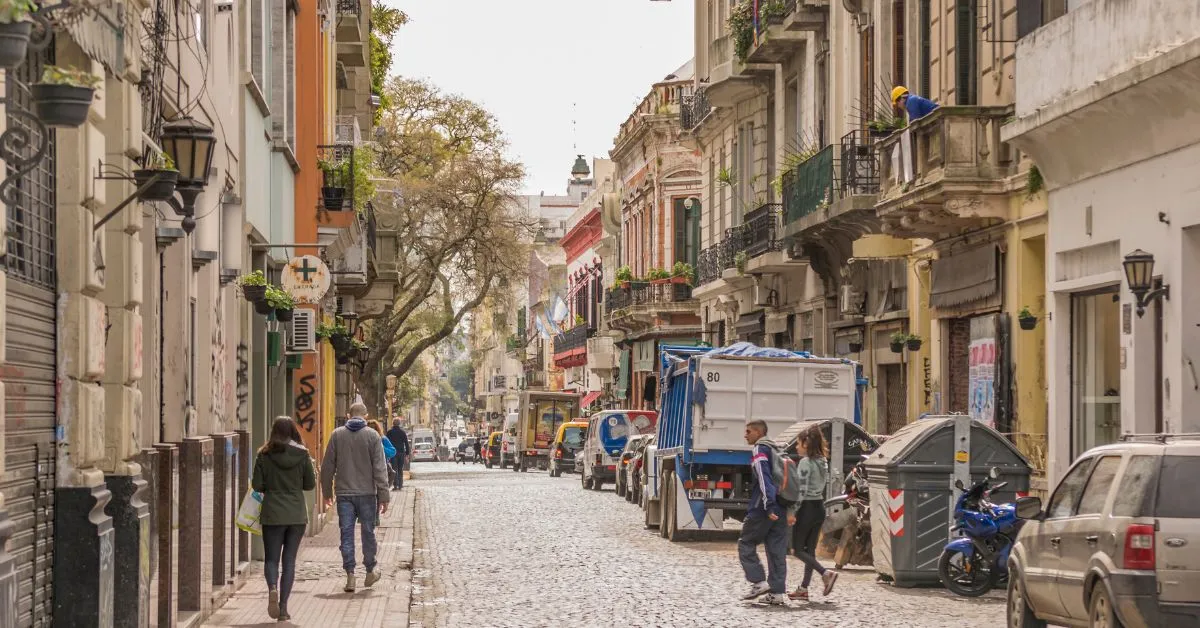Buenos Aires, the capital of Argentina, is a vibrant city filled with rich culture, history, and food. It is a popular tourist destination with much to offer, including tango shows, museums, art galleries, and beautiful architecture. While Spanish is the official language in Argentina, it is possible to tour Buenos Aires without knowing Spanish. This article will explore how tourists enjoy the city without speaking the language.
Buenos Aires is a city that embraces diversity and welcomes visitors from all over the world. Its friendly and hospitable people make it easy for tourists to feel at home, even if they don’t speak the language. Additionally, many of the city’s attractions have signage and information in English and other languages, making it easier for tourists to navigate and understand the city’s history and culture.
Tourists can still enjoy the city without knowing the language, although it is the perfect opportunity to learn Spanish in Argentina. The town offers language solutions such as bilingual tour guides, translation, and language-learning apps.
Tourists can also join organized tours, experience the city’s culture through tango shows and food tours, and take basic safety precautions for a safe and enjoyable trip. With proper planning and preparation, language barriers should encourage tourists to visit this beautiful and culturally rich city.
Having an open mind and embracing the local culture is essential, even if it means stepping out of one’s comfort zone. A trip to Buenos Aires can be a rewarding and memorable experience for all visitors, regardless of their language proficiency.
Language Barriers And Solutions
The first concern for tourists who need to speak Spanish is the language barrier. Not communicating effectively with locals can lead to frustration and miscommunication. However, many Argentinians in Buenos Aires speak English, and some even speak other languages, such as French and Italian. Tourists can also hire bilingual tour guides to help them navigate the city and communicate with locals.
Additionally, visitors can use technology to overcome language barriers. Many translation apps, such as Google Translate and iTranslate, can help tourists communicate with locals in real time. It is also helpful to carry a pocket phrasebook or download a language-learning app to learn some basic phrases in Spanish. However, taking advantage of your visit to take classes and understand Spanish Argentina is highly recommended.
Touring Attractions
Buenos Aires is a city filled with iconic landmarks and tourist attractions. Tourists who don’t speak Spanish can still enjoy these sights by joining organized tours. Many companies offer guided tours in English, including walking, bike, and bus tours. These tours allow tourists to explore the city’s most popular attractions, learn about its history, and interact with locals.
One of the most popular attractions in Buenos Aires is the Recoleta Cemetery, where famous Argentinians, including Eva Perón, are buried. Guided tours in English are available at the cemetery, providing tourists with insights into the history and culture of the city. Another must-visit attraction is the Teatro Colon, one of the world’s most famous opera houses, offering guided tours in English.
Cultural Experiences
Buenos Aires is known for its rich culture, and tourists who don’t speak Spanish can still experience it through various cultural activities. The tango show is one of the most popular cultural experiences in Buenos Aires. Tango is a traditional dance in Argentina, and many tango shows are available in English. These shows include dinner, music, and dance performances, providing tourists with a complete tango experience.
Another way to experience the Argentine culture is through the food. Buenos Aires is known for its delicious cuisine, including steak, empanadas, and dulce de leche. Many restaurants offer menus in English and have English-speaking staff. Food tours are also available, providing tourists with a chance to taste a variety of traditional Argentine dishes.
Safety Concerns
Safety is a concern for any tourist visiting a new city, and being unable to communicate effectively can add to the anxiety. However, Buenos Aires is a relatively safe city, and tourists taking basic safety precautions can enjoy a pleasant trip. It is essential to be aware of your surroundings, avoid carrying large amounts of cash, and keep your valuables secure.
Moreover, tourists who don’t speak Spanish can ask for help from locals or the tourist police, who are fluent in English. Traveling with a group or using trusted transportation services such as Uber or taxis is also recommended.
Accommodation
Buenos Aires is a city that offers a range of accommodations for tourists. From luxury hotels to budget hostels, there are plenty of options for every type of traveler. Many hotels and hostels have English-speaking staff and provide helpful information for tourists to explore the city. Airbnb is also famous for tourists who want to experience the local culture and stay in a more residential area.
Final Thoughts
Buenos Aires is a city that is constantly evolving and changing. It has a vibrant arts and music scene, with numerous festivals and events throughout the year. Tourists can attend concerts, art exhibitions, and cultural festivals without the need for language proficiency. These events offer visitors a chance to experience the local culture and interact with locals in a fun and engaging way.
Touring Buenos Aires without knowing Spanish is possible. While language barriers may present challenges, various solutions are available to overcome them. Tourists can enjoy the city’s attractions, cultural experiences, and events and stay in multiple accommodations without requiring language proficiency.
Buenos Aires is a welcoming and diverse city that offers something for every type of traveler. As you can see, a trip to this beautiful city is worth it, no matter which language you speak.



